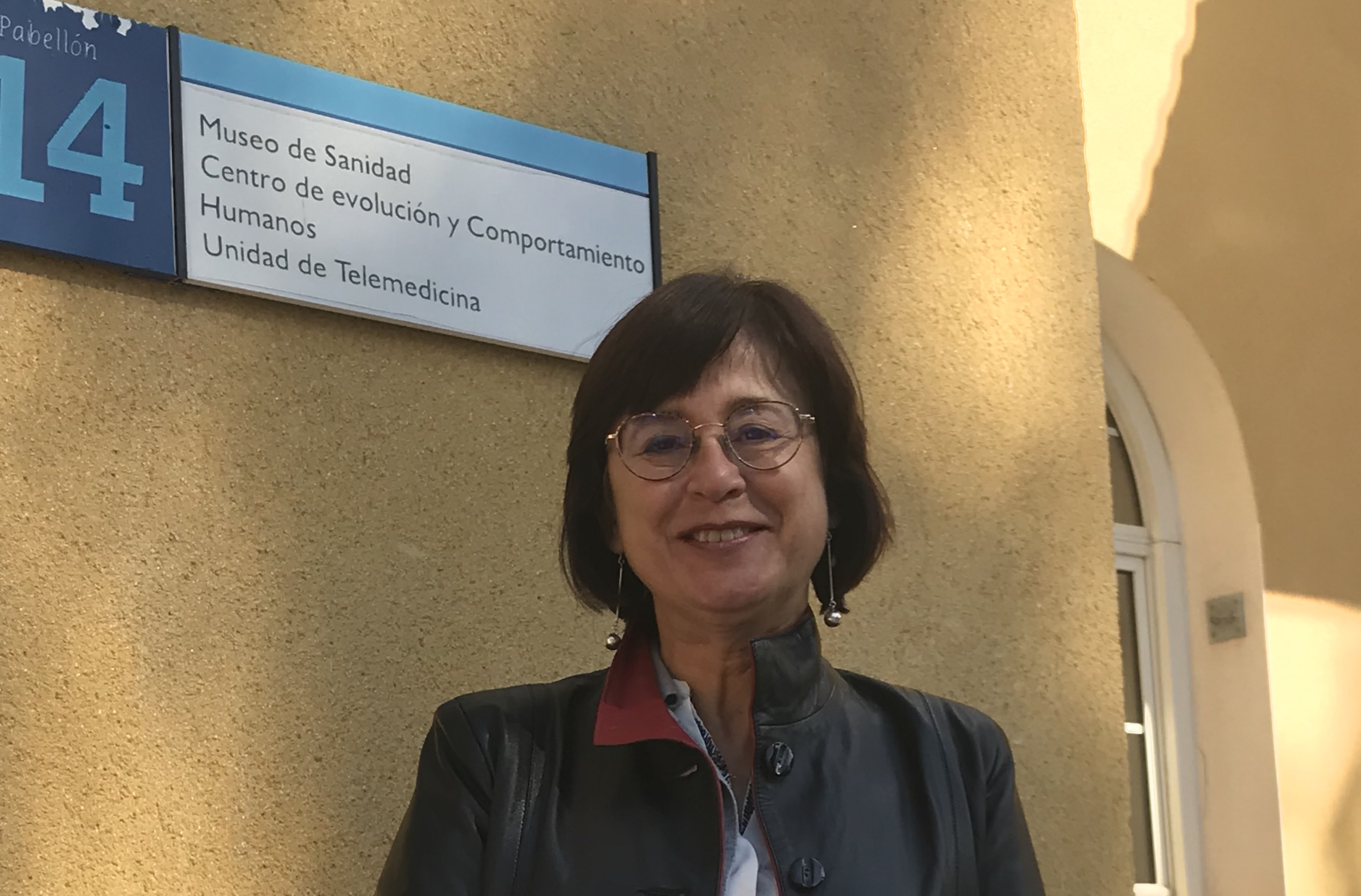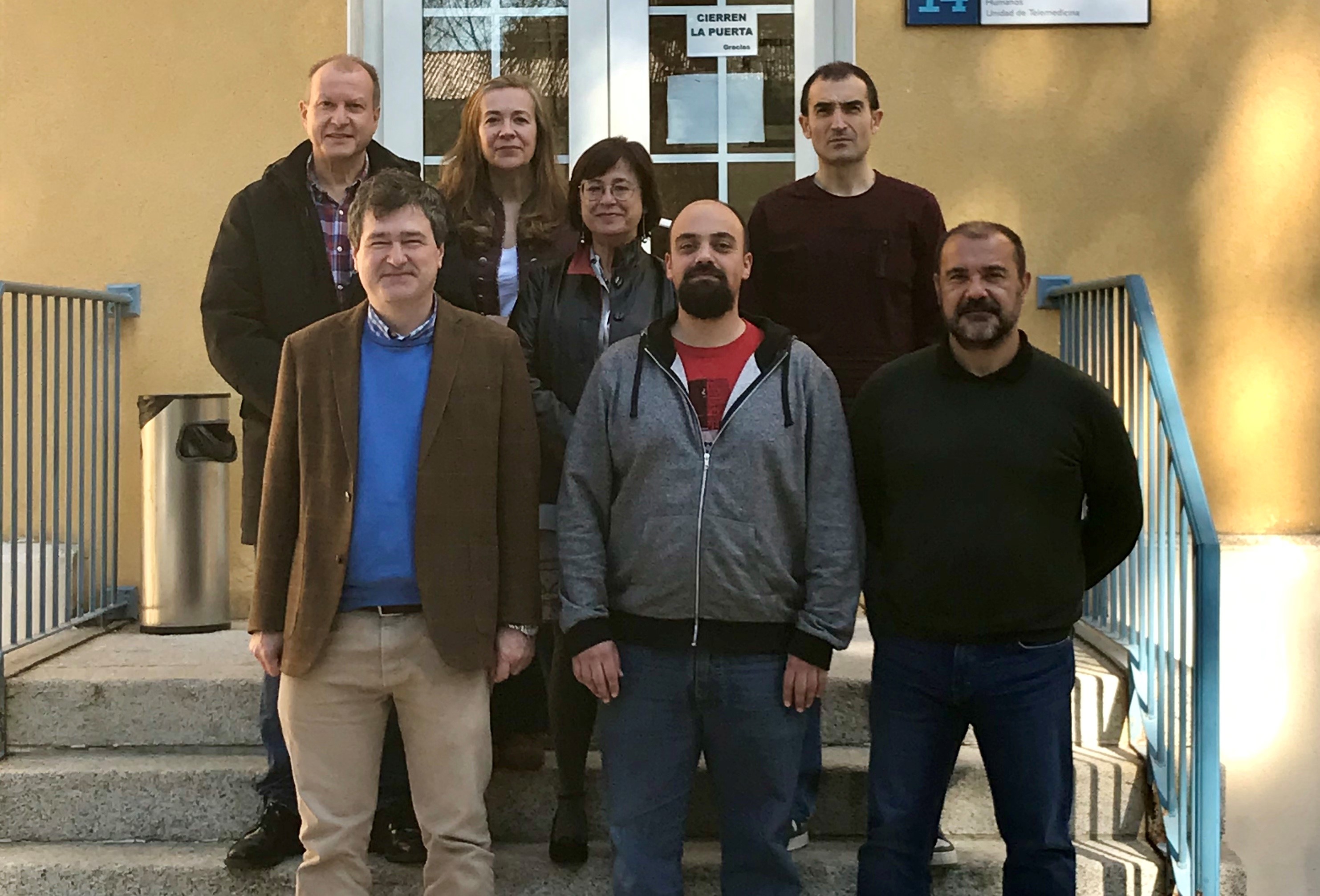The MELTIC project “Ideas MELting pot for TIC and Health Science for Citzens in Small communities” coordinated by the ORION partner Carlos III National Health Institute, ISCIII, is the winner of the ORION call for Novel Co-creation Initiatives. The project will improve the quality of life for EU citizens in small communities by co-creating and developing ICT health services with stakeholders including local residents.
The aim of the ORION co-creation call was to find and support new co-creation initiatives to make research activities in life sciences and biomedicine more open, transparent, accessible, relevant and impactful for research and for society. The call was open for ORION project partners in collaboration with other organisations.
The winning MELTIC project, which started on March 1st, brings together two disciplines; health as well as information and communication technologies (ICT), and will improve the quality of life of European citizens in small communities. The objective is to generate, through co-creation methodologies, suitable ideas for research in ICT in health and biomedicine, in topics such as self-learning, false information, discrimination and ludopathy prevention in order to innovate about the use os existing public spaces and/or build new ones.

The project will be led by Victoria Ramos, a scientist from the Telemedicine and Digital Health Unit at ISCIII. The MELTIC project also includes four European partners from Italy, Portugal, Romania and Spain. All of them representing small and isolated communities as; La Palma del Condado Municipality in Huelva, Spain, Mirabello Municipality in Italy, Deta in Romania and Reguengos de Monsaraz in Portugal.

The co-creation experiments will be developed in three different workshops, two in Madrid, and one in the La Palma del Condado Municipality. The stakeholders involved are funders, government entities, educators, governors, charities, civil societies, patient groups and citizens. Another expected output of the project is a techcnological proposal, for an app or a website that will help to re-design a cooperation model to re-thinking the sociospatial relationships in the small communities. A vademecum of 100 ideas on ICT in health and biomedicine consisting of ideas compiled from the co-creation exercises will also be published. All these outputs will be made available online for small communities to use.
For more information about the MELTIC project please have a look at the ISCIII website (in Spanish).